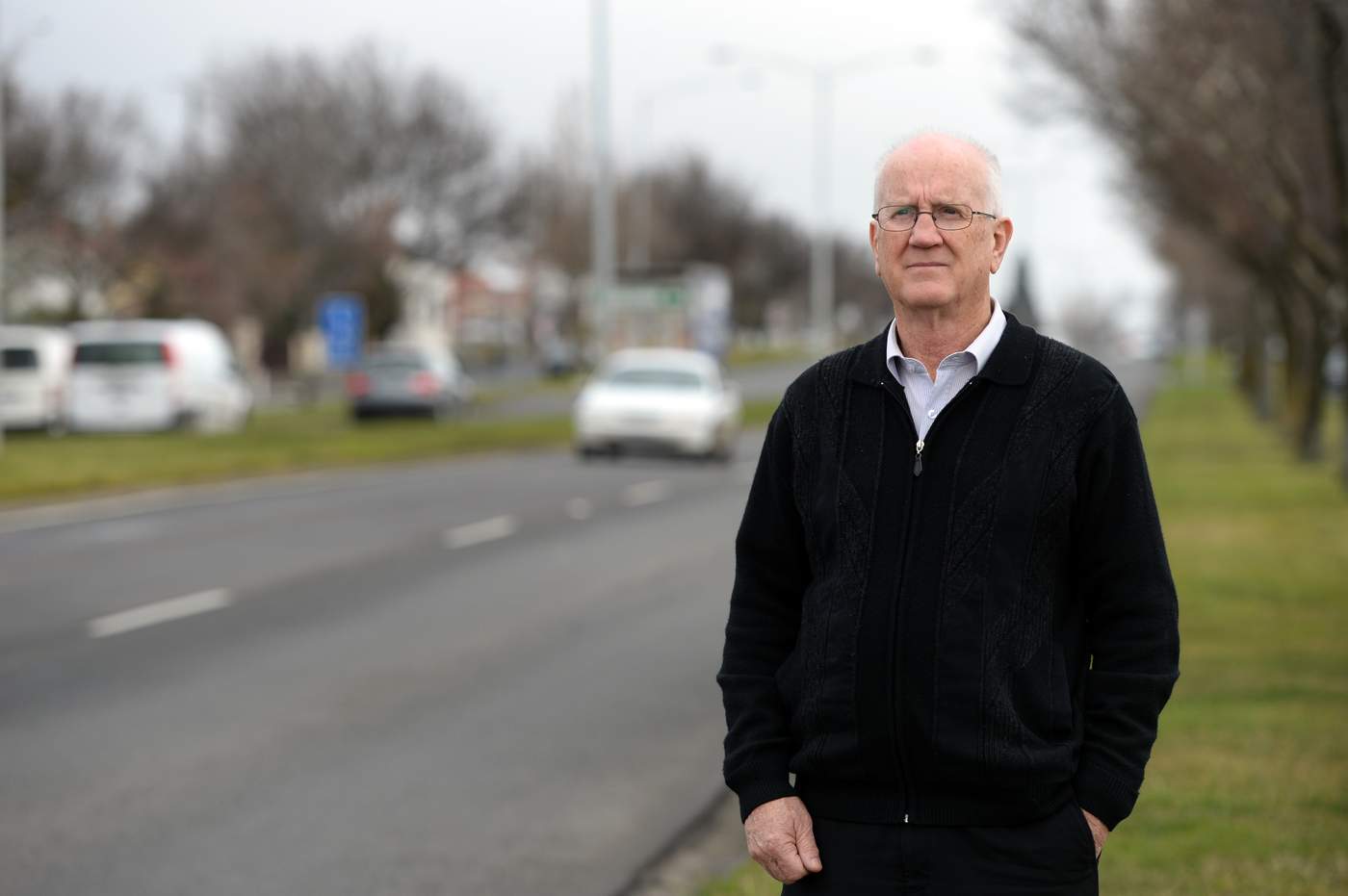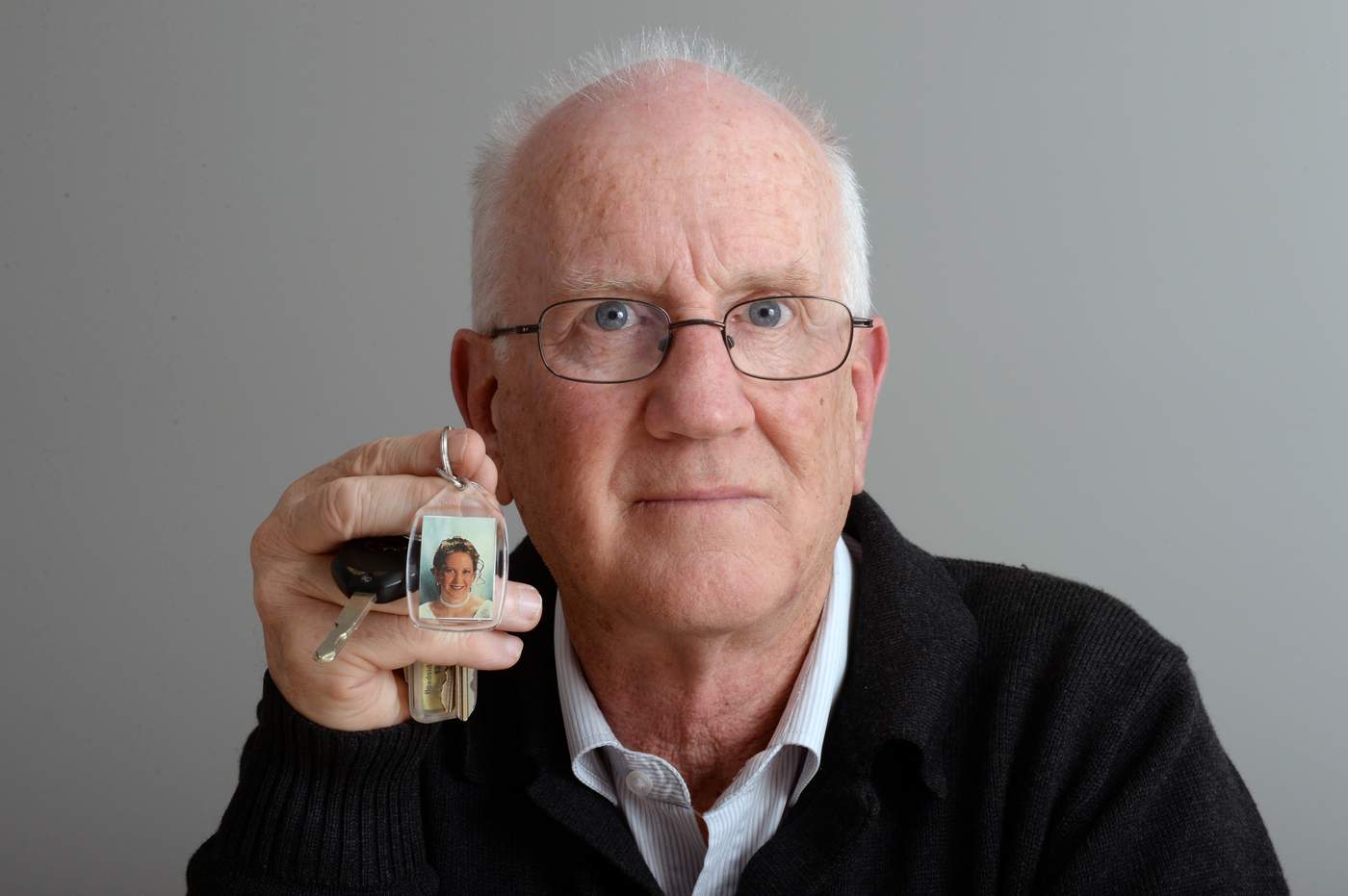The constable on his first night shift, the young graduate paramedic, the veteran emergency department doctor who has seen it all, the distraught parents. These are the many hidden faces of the road toll.
The road toll has been quartered since 1971, when it stood at 1061, but this year - for the first time in a decade - the toll is expected to eclipse 300.
Every crash, even those that might be briefs in page 10 of the paper, impacts many people.
This series, Trauma takes its toll, will explore serious collisions from all sides and what we can do to bring down the toll and get #homesafe.
Moving forward, looking back
In 2016 we drive safer cars than ever before, we have airbags and seatbelts, AEB brakes.
There is better education and awareness, better roads, better enforcement technology and new legislation.
There is alcohol testing and drug testing and we all know if we drink and drive we are a bloody idiot. But people continue to die on our roads.
As of Monday, September 16, 2016, 19 per cent more people had been killed on Victoria’s roads compared to the same time last year.
Acting Senior Sergeant Mick McCrann
Police are frustrated by this senseless loss of life.
Bendigo Highway Patrol’s Acting Senior Sergeant Mick McCrann says there are a number of factors that might have contributed to this trend, including an increasing number of cars on the road, an ageing and growing population, and the comfort of our cars removing us from the physical sensations of travelling at speed.
He believes our attention to the roads - or lack thereof - is probably putting people at risk the most.
“We’re just not switched on enough, and that’s probably the biggest factor, of all of them,” Acting Senior Sergeant McCrann said.
John has been to hundreds of schools spreading Carmen’s message. He tells them about his beautiful, vivacious daughter. He shows them the picture that he keeps on his keyring and he tells of the heartbreak and guilt Carmen’s older sister Michelle felt.
Michelle was the last person to see Carmen that morning. Carmen was tired and her head was rested on the bench.
Michelle said if she turned the radio up and wound the windows down she’d be ok.
For a while Michelle did the school talks with John, but soon it became too much. For John it’s something he will keep doing until the road toll hits zero.
All those who have felt the impact of road trauma - from the police investigating crashes and the tow truck drivers removing the resulting wreckage, to the loved ones of people lost and those whose life paths have been skewed by their injuries - are pleading with people to take care so they and others can arrive home safe.
“Road trauma is horrific, it’s really really serious, and the business of investigating it has a toll,” Acting Senior Sergeant McCrann said.
“And for people out there that are affected by it, it can totally devastate them, it can change their lives.”
John feels what he is doing is making a difference. It is making people aware that the road toll impacts everyone.
Carmen’s Road Safety Presentation page has close to 10,000 followers. School students message John on that page.
The most heartbreaking messages come at 1am in the morning.
Students who have lost their loved ones pour their heart out to John and tell him how much Carmen’s story has resonated with them.
“Every time I look into the eyes of the school students I see them looking back at me and soaking up Carmen's story,” John said.
“I know when these students leave my road safety presentation they are safer drivers on the road.
“They understand what we have lost and they understand what their families will lose should they kill themselves in a car crash.”
The road toll horrifies John. He can’t believe it is rising.
He says road authorities need to hone in on key contributing factors including drugs, distraction and fatigue.
Acting Senior Sergeant McCrann says drivers need to realise that police hand out speed fines, and conduct drug and alcohol tests to stop people from taking fatal risks.
“And that’s the part that’s hard for people to understand, is we need to enforce those things, because the more people we can get out there doing the right thing, there is a significant reduction in the amount of trauma that I then have to deal with, because at the end of the day I go home to my family too, and I take some of that trauma with me,” he said.
The safety presentations given John a purpose - but they make him feel that Carmen’s death was not in vain.
“I’m the lucky one - doing these presentations keeps Carmen in my life,” John said.
“Besides, Carmen has a job to do, and that’s to make sure that everyone is a safe road user.”


